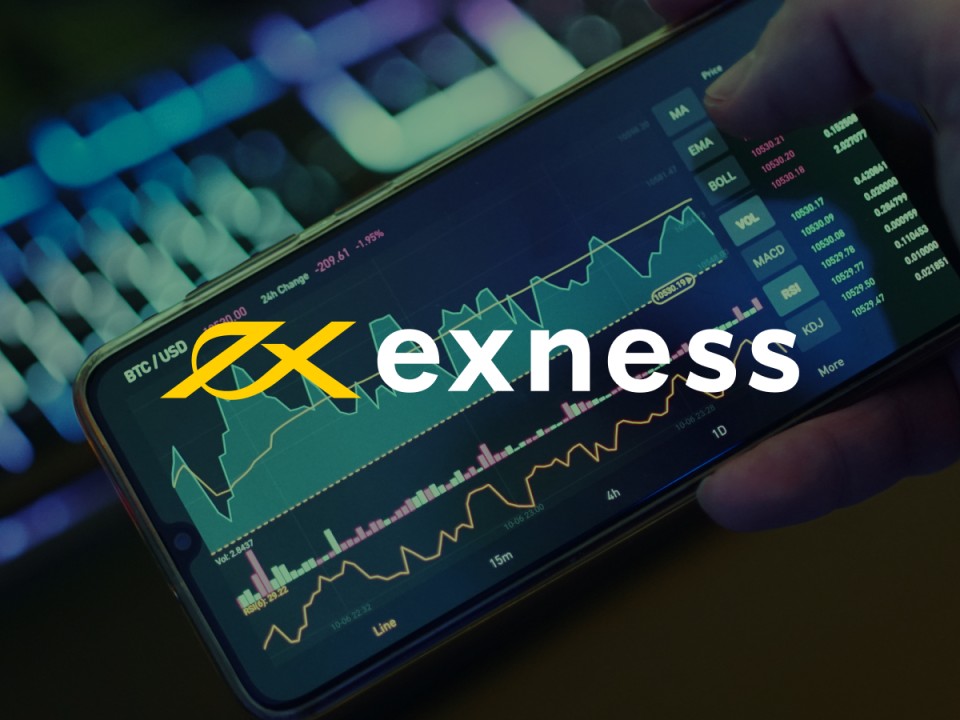
Competitive Exness Fees Explained
When entering the world of trading, understanding the fees associated with your brokerage is crucial for maximizing your investment. In this article, we will delve into the competitive Exness fees that traders face today. Moreover, we will discuss strategies for managing these costs effectively. For a comprehensive guide on making the most of Exness, visit Competitive Exness Fees https://phonexshop.com/unrestricted-exness-take-advantage-of-3/.
1. What Are Exness Fees?
Exness, like any other brokerage, charges certain fees for the services it provides. These can include spreads, commissions, and overnight fees, also known as swap rates. Understanding what these fees entail and how they are applied can significantly affect your overall trading experience and profitability.
2. Types of Fees
2.1 Spreads
The spread is the difference between the buying (ask) and selling (bid) prices of a currency pair. Exness offers both fixed and variable spreads, which can fluctuate based on market conditions. Traders can choose from various account types, each with different spread structures. For example, the Standard account has wider spreads compared to the Pro account, which offers tighter spreads suitable for more active traders.

2.2 Commissions
In addition to spreads, Exness may charge commissions on specific account types. Typically, accounts with lower spreads may have a commission fee, while accounts with wider spreads might not charge a commission at all. Understanding the structure of these commissions is vital to evaluate the true cost of trading under different scenarios.
2.3 Overnight Fees (Swap Rates)
Overnight fees, also known as swap rates, are incurred when a trader holds a position overnight. Depending on the leveraged financial instruments traded and the direction of the position (buy or sell), these fees can either be added to or deducted from the trader’s account balance. Exness offers competitive swap rates that can be viewed directly on their platform.
3. Why Competitive Fees Matter
Competitive fees are crucial because they directly impact traders’ profitability. Lower fees mean that traders can keep more of their profits. Furthermore, for high-frequency traders or those making a large number of trades, even a small difference in fees can lead to substantial cost savings over time. This is where Exness distinguishes itself with its various account types tailored to meet the needs of different traders.
4. Strategies for Minimizing Costs
4.1 Selecting the Right Account Type

Choosing the right account type based on your trading style is one of the best ways to minimize fees. If you are a scalper or day trader, opting for an account with lower spreads and possibly commission fees could be beneficial. Conversely, if you prefer longer-term strategies, a standard account with no commissions might suit you better.
4.2 Leveraging Promotions and Offers
Exness often provides promotions or bonuses that can help offset trading costs. Keeping an eye on these offers can provide an additional advantage for traders looking to minimize fees and enhance their trading capital.
4.3 Analyzing Trading Volume
Understanding how trading volume affects overall costs is crucial. Higher trading volumes can lead to better fee structures, as brokers may offer lower spreads or commissions to high-volume traders. Keeping track of your trading performance and adapting to the fee structures can improve profitability.
5. Comparison with Other Brokers
When comparing Exness fees with other brokers, it’s essential to consider not only the rates themselves but also the value provided by the service. Some brokers might offer lower fees but compensate with a less user-friendly platform or poorer customer service. Therefore, a holistic view of the broker’s services is necessary for informed decision-making.
6. Final Thoughts
Understanding competitive Exness fees is essential for traders seeking to maximize their profitability and manage costs effectively. By selecting the appropriate account type, being aware of available promotions, and analyzing trading volume, traders can navigate the fee structures and make the most out of their trading experience. Remember to keep your strategy aligned with your goals and choose a broker that provides the best value for your trading style. Happy trading!